What is Agentic Human AI?
Agentic Human AI represents a transformative leap in artificial intelligence (AI), where AI systems are designed to operate autonomously, making decisions and taking actions without constant human oversight. This concept arises from the need for AI technologies that can adapt and respond to complex, dynamic environments while achieving specific goals. In essence, Agentic Human AI is characterized by its capability to use advanced reasoning, understand context, and engage in complex problem-solving.
Definition and Key Characteristics
Agentic Human AI can be defined as AI systems endowed with the ability to autonomously execute tasks, make decisions, and learn from their environments. Key characteristics include:
- Autonomy: Unlike traditional AI, which typically requires human input to function, agentic AI can perform tasks independently, responding to environmental changes in real time.
- Contextual Understanding: These systems are designed to comprehend the context in which they operate, allowing them to make informed decisions.
- Adaptability: Agentic Human AI can adjust its strategies based on new information, enabling it to navigate complex scenarios successfully.
- Goal-Oriented Behavior: Such AI systems have defined objectives that they strive to achieve, optimizing their actions towards these goals efficiently.
Differences from Traditional AI
Traditional AI systems, often referred to as narrow AI, are built to execute specific tasks such as data analysis, image recognition, and language processing. These systems rely heavily on human input and predefined algorithms to operate. In contrast, Agentic Human AI encompasses several distinct differences:
- Level of Autonomy: Traditional AI requires ongoing human input, while agentic AI acts independently within set parameters.
- Learning and Adaptation: Traditional systems typically learn from training datasets; agentic AI can learn from real-world experiences and adjust its approaches dynamically.
- Responsiveness: Agentic AI can respond to unexpected events—whereas traditional AI systems may fail without clear, predefined instructions.
Real-world Applications
The applications of Agentic Human AI are growing across several sectors. Here are a few notable examples:
- Healthcare: AI systems can autonomously monitor patient data, predict health risks, and even suggest treatment plans based on evolving patient conditions.
- Finance: In trading, agentic AI can analyze market conditions continuously, executing trades autonomously to capitalize on opportunities in real-time.
- Supply Chain Management: AI can optimize logistics, forecast inventory needs, and adjust supply chain strategies autonomously based on data analytics.
- Smart Cities: AI can manage traffic flows, energy consumption, and public services, adjusting operations in real time to improve urban living conditions.
The Evolution of Agentic Human AI
Historical Context and Development
The concept of autonomy in AI dates back to the early days of artificial intelligence research. Initially focused on rule-based systems, AI development saw significant shifts with the introduction of machine learning and neural networks. The evolution of computational power and advancements in algorithms have propelled the transition toward agentic AI, characterized by higher autonomy and decision-making capabilities. Notable milestones include:
- Expert Systems (1980s): Early attempts to design systems that emulated human reasoning.
- Machine Learning (1990s): Algorithms that learn from data, offering flexibility over rigid programming.
- Deep Learning (2010s): Neural networks that enable systems to learn and understand complex patterns.
Technological Advances Driving Change
Several technological advances have accelerated the development of Agentic Human AI:
- Big Data: The ability to process vast amounts of data enables AI systems to learn more comprehensively and make informed decisions.
- Cloud Computing: Enhanced computational power and storage capabilities allow the implementation of more sophisticated AI algorithms.
- Robotics: Innovations in robotics facilitate the physical manifestation of agentic AI, allowing it to interact with the environment autonomously.
Predictions for the Future
As AI technology progresses, the future of Agentic Human AI looks promising. Predictions suggest significant developments in the following areas:
- Broader Industry Adoption: More industries will integrate agentic AI into their operations, benefiting from its efficiencies.
- Enhanced Collaboration with Humans: AI will increasingly work alongside humans, empowering them rather than replacing them.
- Regulatory Advances: As agentic AI becomes more commonplace, ethical guidelines and regulations will evolve to address associated challenges.
Benefits of Implementing Agentic Human AI
Enhanced Efficiency in Business Processes
One of the most compelling advantages of adopting Agentic Human AI lies in its potential to increase efficiency. Businesses leveraging this technology can automate repetitive tasks, streamline operations, and minimize human error. For instance, in manufacturing, AI systems can predict machinery failures and optimize maintenance schedules, significantly reducing downtime.
Autonomous Decision-Making Capabilities
Agentic AI’s ability to make decisions enhances organizational agility. For instance, in e-commerce, AI can adjust inventory levels and future stock orders based on real-time sales trends and consumer behavior, allowing businesses to respond swiftly to market demands.
Improved Human-AI Collaboration
Rather than replacing human workers, Agentic Human AI augments their capabilities. By taking over mundane tasks, AI allows employees to focus on more strategic and creative aspects of their work, leading to higher job satisfaction and productivity. This collaboration can also foster innovation as teams leverage AI insights alongside human intuition.
Challenges and Considerations
Ethical Implications of Agentic AI
Despite the benefits, the rise of Agentic Human AI brings forth ethical considerations. Issues surrounding job displacement, bias in decision-making algorithms, and accountability when AI systems fail must be addressed. Organizations must take proactive measures to ensure ethical practices guide their AI implementations.
Maintaining Human Oversight
While agentic AI operates with a high level of autonomy, human oversight remains crucial. This ensures that AI systems remain aligned with organizational goals and ethical standards. Implementing human-in-the-loop frameworks can effectively bridge the gap between automated decision-making and human guidance.
Addressing Privacy Concerns
The deployment of agentic AI involves significant data collection, raising privacy concerns. Organizations must comply with regulations, such as GDPR, and adopt practices that balance data utilization with user privacy. Anonymizing data and implementing robust security measures can help mitigate risks.
Case Studies and Success Stories
Industry Leaders Utilizing Agentic Human AI
Several organizations are pioneering the use of Agentic Human AI, demonstrating its practical applications and benefits:
- Amazon: The retail giant employs AI algorithms to handle logistics, inventory management, and customer service, enhancing user experiences and operational efficiency.
- Google: Google Cloud’s AI solutions empower businesses with self-learning capabilities that adapt as market conditions change.
- Siemens: In industrial automation, Siemens uses agentic AI to predict equipment malfunctions and optimize production lines.
Key Metrics Demonstrating Success
Organizations utilizing Agentic Human AI report significant improvements in key performance metrics:
- Reduced Operational Costs: Businesses see a marked decrease in labor costs through automation.
- Increased Customer Satisfaction: AI systems can enhance customer interactions, leading to improved satisfaction rates.
- Enhanced Decision-Making Speed: Rapid processing and analysis contribute to faster decision-making capabilities.
Lessons Learned from Early Implementations
Early adopters of agentic AI offer valuable lessons for organizations looking to implement these systems:
- Invest in Training: Human resources should be trained to work effectively with AI systems to optimize benefits.
- Prioritize Ethical Guidelines: Developing clear policies regarding the use of AI will ensure adherence to ethical standards.
- Embrace Adaptability: Organizations should remain open to iterating on their AI systems based on operational feedback and changing needs.
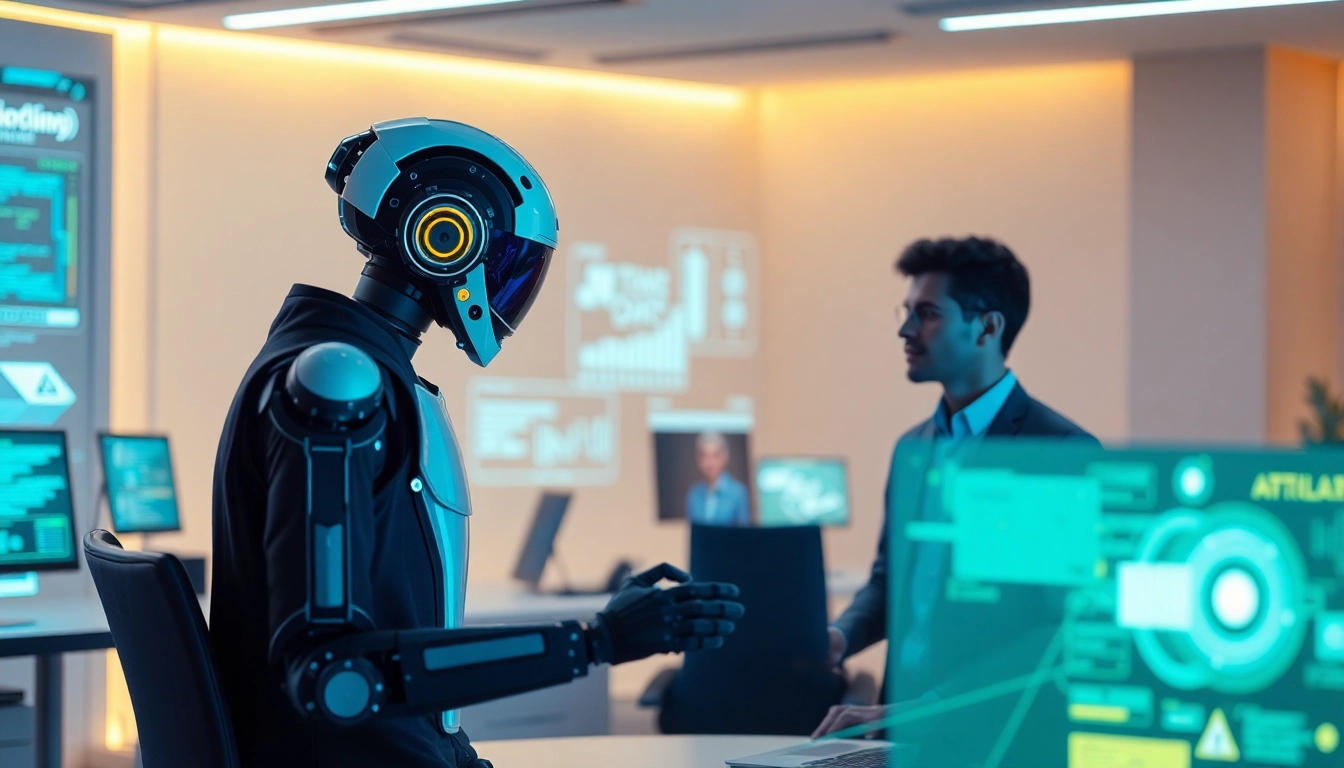
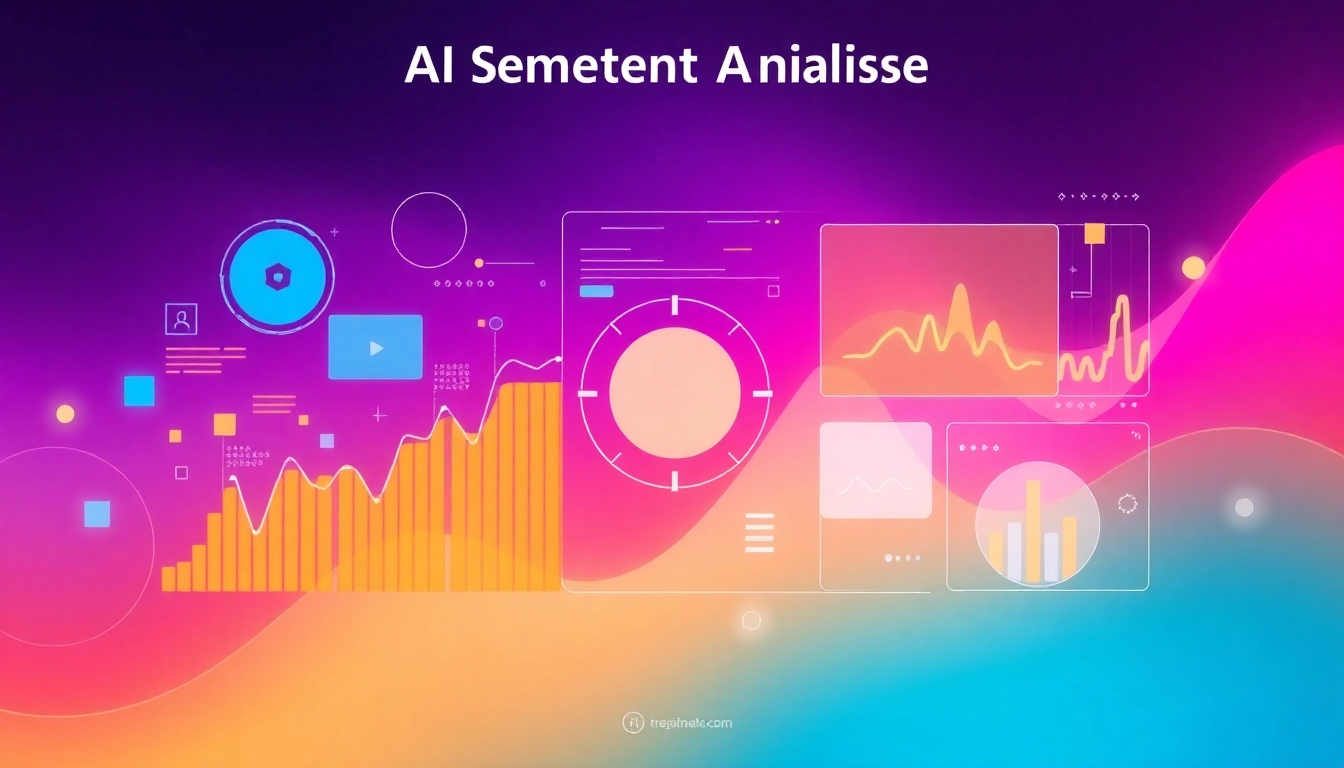
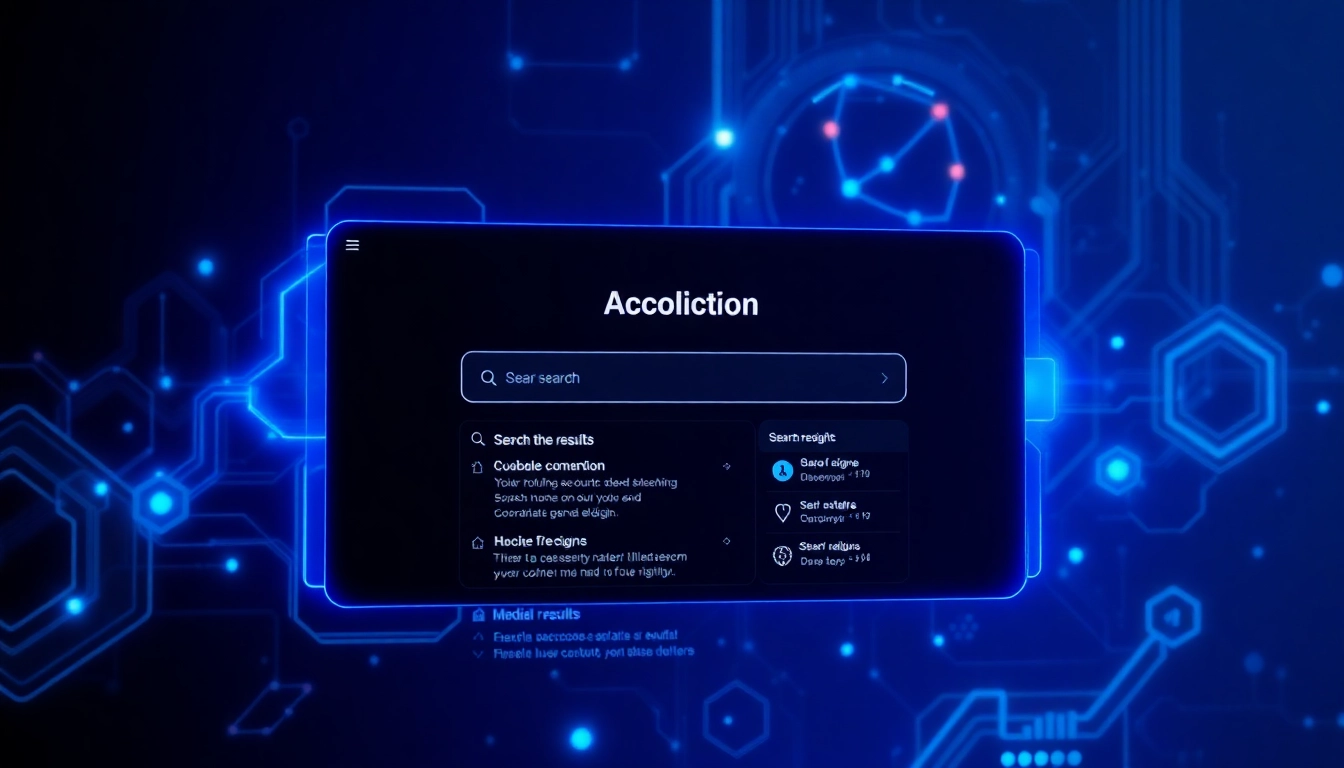


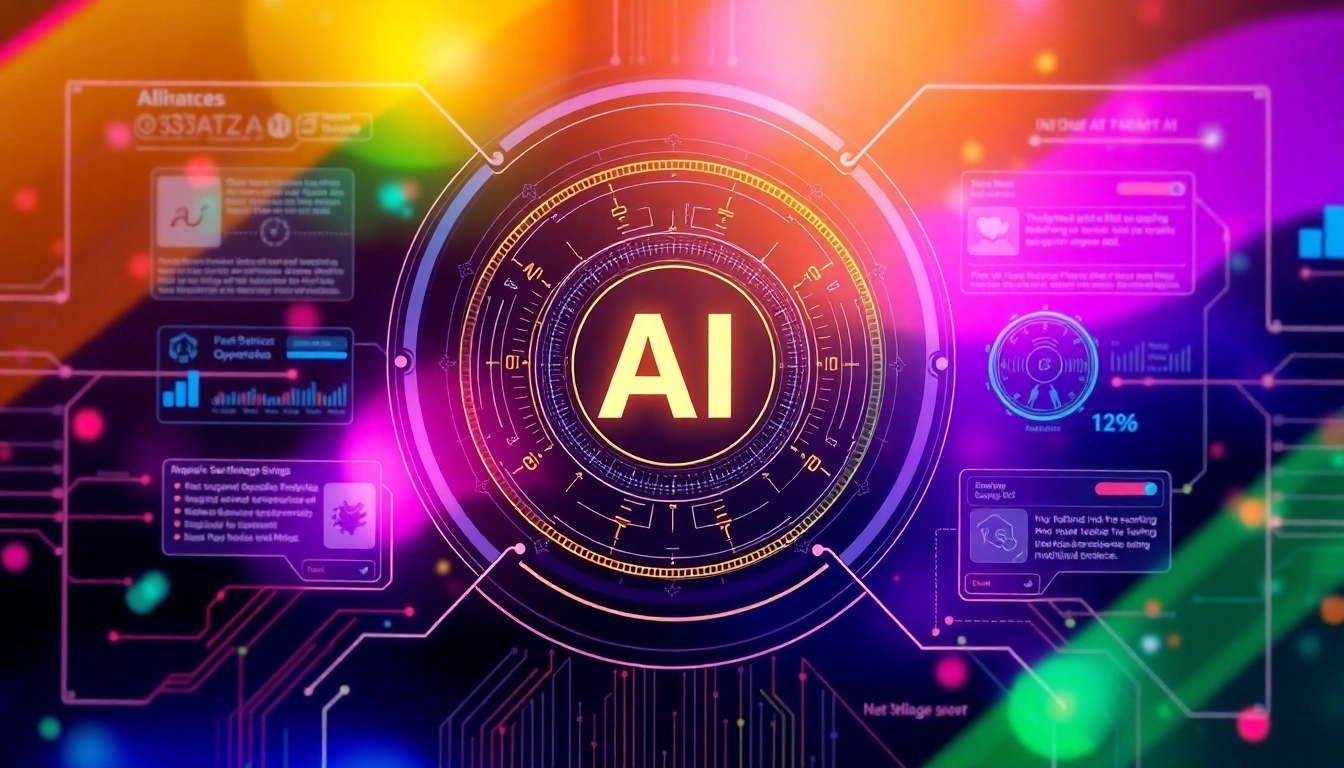
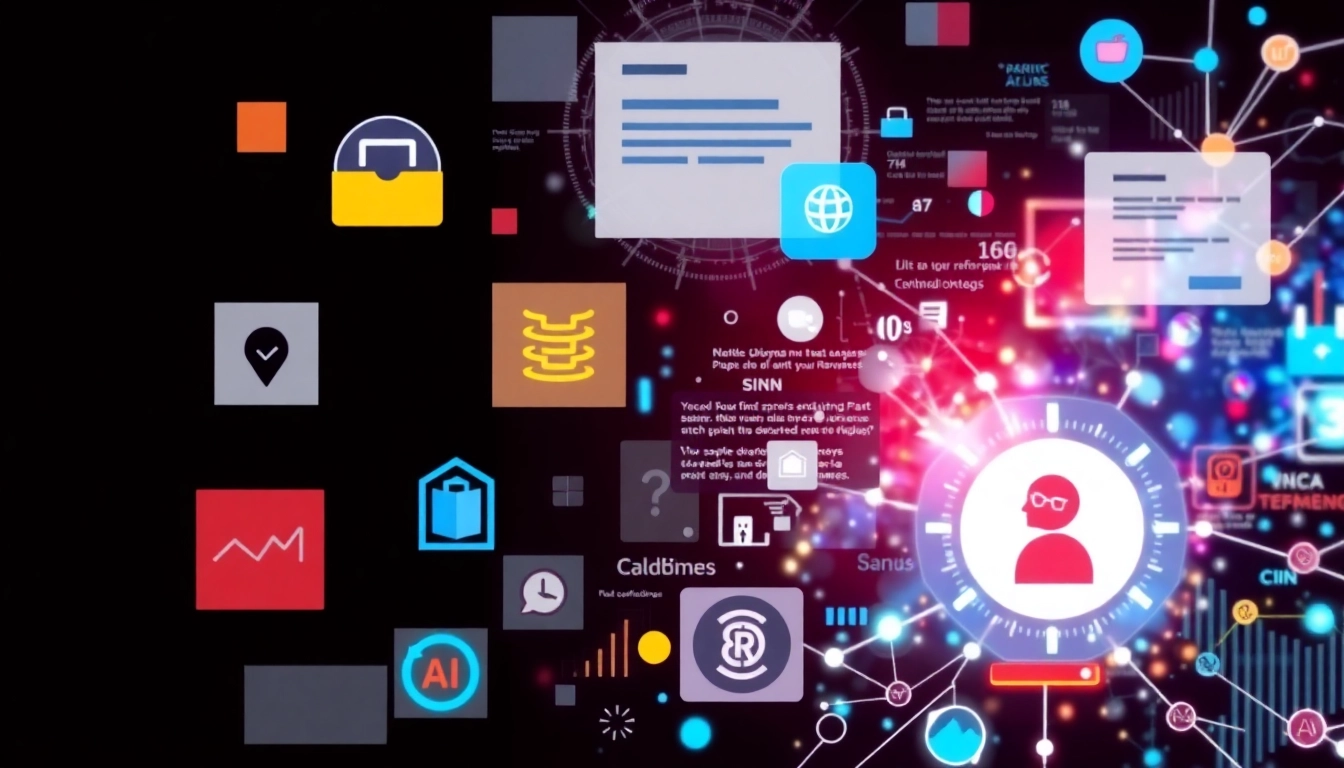




Leave a Reply